Soaking in a hot tub can have some potential health benefits, such as relieving muscle tension and soreness, improving sleep, reducing stress and anxiety, and improving circulation. However, it's important to keep in mind that hot tubs are not a cure-all and that the potential benefits depend on the individual and their specific health needs.
It's also important to note that hot tubs can have some potential risks, particularly if they are not used or maintained properly. For example, it's important to follow the manufacturer's instructions for proper use and maintenance, and to avoid using the hot tub if you have certain medical conditions, such as a fever, open wounds, or skin infections. It's also important to be aware of the risk of overheating, which can occur if you spend too much time in the hot tub or if the water temperature is set too high.
Overall, it's a good idea to consult with a healthcare professional before using a hot tub, particularly if you have any existing health conditions or concerns.
The potential benefits of using a hot tub
The potential benefits of using a hot tub vary from person to person. Much depends on your overall health and how you use it. Below are 10 possible benefits of soaking in a hot tub.
1/ Relief of muscle tension and soreness
The buoyancy of the water in a hot tub can help to reduce pressure on muscles and joints, making it easier to relax and unwind.
The heat of the water can also help to relax the muscles, which can help to alleviate muscle tension and soreness. Many hot tubs also have jets that produce a massaging effect on the skin, which can help to further relax the muscles and promote circulation.
Overall, the combination of heat, buoyancy, and massage can help to relax the muscles and provide relief from muscle tension and soreness. However, it's important to keep in mind that the potential benefits depend on the individual and their specific health needs, and that hot tubs are not a cure-all. It's a good idea to consult with a healthcare professional before using a hot tub, particularly if you have any existing health conditions or concerns.
2/ Improved sleep
Soaking in a hot tub before bed can help to improve sleep quality by relaxing the body and mind. The relaxation and stress-reducing benefits of a hot tub can help to improve sleep quality and make it easier to fall asleep. And Hot tubs can be effective at reducing feelings of stress and anxiety, which can interfere with sleep.
The heat and massage of a hot tub can help to improve circulation, which can promote relaxation and improve sleep quality. The buoyancy of the water can help to reduce pressure on muscles and joints, which can help to alleviate muscle tension and soreness, and promote relaxation.
However, it's important to keep in mind that the potential benefits depend on the individual and their specific sleep needs, and that hot tubs are not a cure-all for sleep problems. It's a good idea to consult with a healthcare professional if you are having trouble sleeping, particularly if you have any existing health conditions or concerns.
3/ Stress and anxiety reduction
Soaking in a hot tub can help to reduce stress and anxiety in a few different ways: The combination of heat and massage can help to relax the muscles and reduce feelings of stress and anxiety.
The heat and massage of a hot tub can help to relax the muscles and promote a feeling of relaxation, which can help to reduce feelings of stress and anxiety. And the heat and massage of a hot tub can help to improve circulation, which can also promote relaxation and reduce stress and anxiety.
Hot tubs are often used as a social activity, which can provide an opportunity to connect with others and reduce feelings of isolation and stress. and soaking in a hot tub can provide a distraction from daily stressors and help to reduce feelings of anxiety.
4/ Improved circulation
The heat and massage of a hot tub can help to increase blood flow, which can improve circulation and reduce the risk of heart disease.
Hot tubs can help to increase circulation in a few different ways:
- The heat of the water in a hot tub can help to dilate blood vessels, which can increase blood flow and improve circulation.
- The buoyancy of the water can help to reduce the strain on muscles and joints, which can allow blood to flow more easily and improve circulation.
- Many hot tubs have jets that produce a massaging effect on the skin. This can help to stimulate blood flow and improve circulation.
Overall, the combination of heat, buoyancy, and massage can help to improve circulation, which can have a number of potential health benefits, such as reducing the risk of heart disease, improving immune function, and promoting healing
5/ Pain relief
Hot tubs can be effective at relieving chronic pain, such as arthritis and fibromyalgia.
The heat of the water in a hot tub can help to relax the muscles and reduce muscle spasms, which can alleviate pain. The heat can also help to increase blood flow, which can promote healing and reduce inflammation.
The buoyancy of the water can help to reduce pressure on muscles and joints, which can make it easier to move and reduce pain.
And the hot tub jets massaging effect on the skin can help to relax the muscles and promote circulation, which can alleviate pain.
6/ Weight loss
The buoyancy of the water can help to support the body and reduce the strain on muscles and joints, making it easier to exercise in a hot tub. Soaking in a hot tub can potentially contribute to weight loss in a few different ways:
- Exercise: The buoyancy of the water can help to support the body and reduce the strain on muscles and joints, making it easier to exercise in a hot tub. Some people may find it easier to do low-impact exercises, such as water aerobics, in a hot tub.
- Relaxation: The heat and massage of a hot tub can help to relax the muscles and promote a feeling of relaxation, which can help to reduce stress and improve sleep quality. Both stress and poor sleep quality can contribute to weight gain, so reducing these factors can potentially help with weight loss.
- Increased metabolism: Some research suggests that the heat of a hot tub may increase metabolism, which can potentially help with weight loss. However, more research is needed to confirm this effect.
7/ Improved cardiovascular health
Soaking in a hot tub can help to lower blood pressure and improve cardiovascular health and can potentially have a positive effect on cardiovascular health in a few different ways:
- Blood pressure: The heat of the water in a hot tub can help to dilate blood vessels, which can lower blood pressure and improve cardiovascular health.
- Relaxation: The heat and massage of a hot tub can help to relax the muscles and promote a feeling of relaxation, which can lower heart rate and improve cardiovascular health.
- Exercise: The buoyancy of the water can help to support the body and reduce the strain on muscles and joints, making it easier to exercise in a hot tub. Some people may find it easier to do low-impact exercises, such as water aerobics, in a hot tub.
8/ Improved immune function
The heat and massage of a hot tub can help to boost the immune system and reduce the risk of illness.
The heat of the water in a hot tub can help to stimulate the immune system and increase white blood cell production, which can help to reduce the risk of illness. And the heat and massage of a hot tub can help to relax the muscles and promote a feeling of relaxation, which can lower heart rate and improve immune function.
The buoyancy of the water can also help to support the body and reduce the strain on muscles and joints, making it easier to exercise in a hot tub. Some people may find it easier to do low-impact exercises, such as water aerobics, in a hot tub. And regular exercise can help to improve immune function.
9/ Improved skin health
The heat and humidity of a hot tub can help to improve skin health by increasing blood flow and promoting sweat production, which can help to flush out toxins and keep the skin looking healthy.
Soaking in a hot tub can also help to hydrate the skin, as the heat and moisture can help to increase blood flow and open up pores. This can help to plump and moisturize the skin, giving it a healthy, glowing appearance.
Hot tubs can also be a great way to relax and reduce stress, which can have a positive impact on overall skin health. Stress can cause inflammation and irritation, which can lead to skin problems such as acne, eczema, and dermatitis.
Some hot tubs have built-in jets that can help to exfoliate the skin by massaging and stimulating the skin. This can help to remove dead skin cells, unclog pores, and improve circulation, which can all contribute to healthier, smoother skin.
10/ Improved mental health
Incorporating hot tubs into a healthy lifestyle can potentially have a positive impact on overall mental well-being. The relaxation and stress-reducing benefits of a hot tub can help to improve mental health and reduce the risk of depression and anxiety.
Hot tubs can provide a relaxing and soothing environment that can help to reduce stress and tension. The warmth and buoyancy of the water can help to relax muscles and promote a sense of calm and well-being.
Hot tubs can also be a great place to socialize and connect with others, which can have a positive impact on mental health. Sharing enjoyable experiences with friends and loved ones can improve mood and help to build stronger relationships.
Conclusion
Overall, while soaking in a hot tub may potentially improve your health and well-being, it's important to keep in mind that it is not a substitute for a healthy diet and regular exercise. It's also important to note that the potential benefits depend on the individual and their specific immune health needs and that hot tubs are not a cure-all for immune problems.
It's important to note that hot tubs can also have negative effects on health if not used properly. For example, if the water is too hot or the tub is not cleaned properly, it can cause irritation or infection. It's important to follow proper hot tub hygiene and use caution when soaking in a hot tub to avoid any negative effects on skin health.
It's a good idea to consult with a healthcare professional if you are concerned about your immune health, particularly if you have any existing health conditions or concerns.
More Articles from Spas Wholesale
- 5 ways to maximise the life of your spa cover
- 5 Things to Consider When Buying A Spa
- Choosing the Perfect Hot Tub Gazebo or Enclosure
- Top 10 Spa Health Benefits
- Spa & Swim Spa Do's and Don'ts
- Balancing Spa pH Levels
- What causes hot tub scum
- A guide to spa water temperature
- Spa clear user guide
- Spa safety considerations
- Spa water temperature guide
- How to prevent spa algae
- Keeping your spa water balanced
- Starting the spa with new water













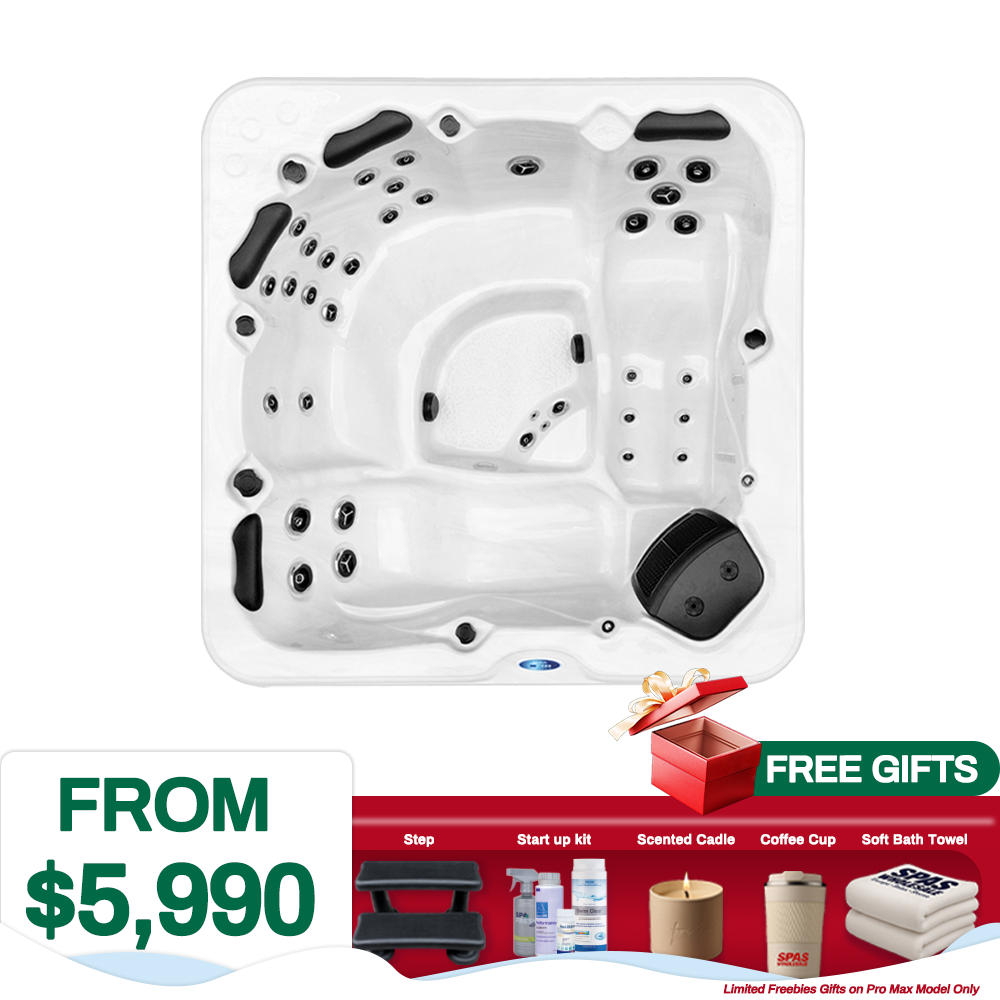

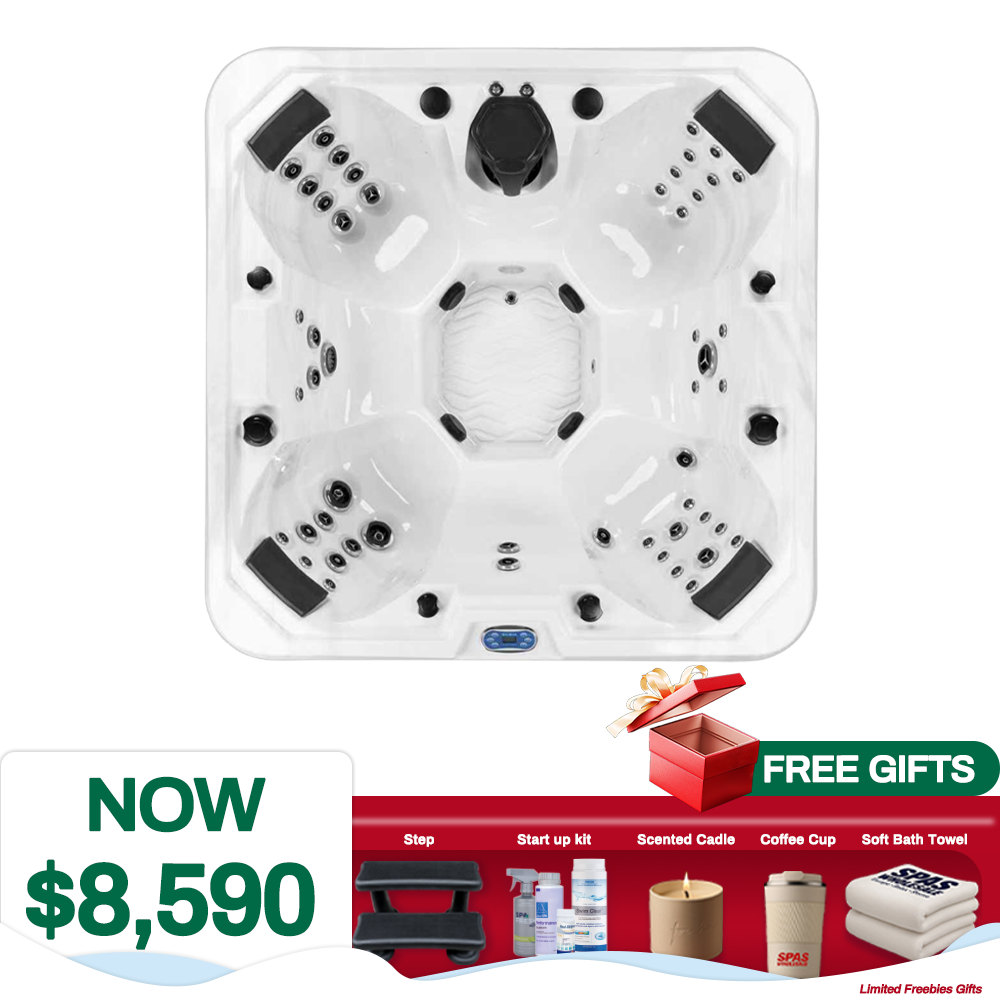

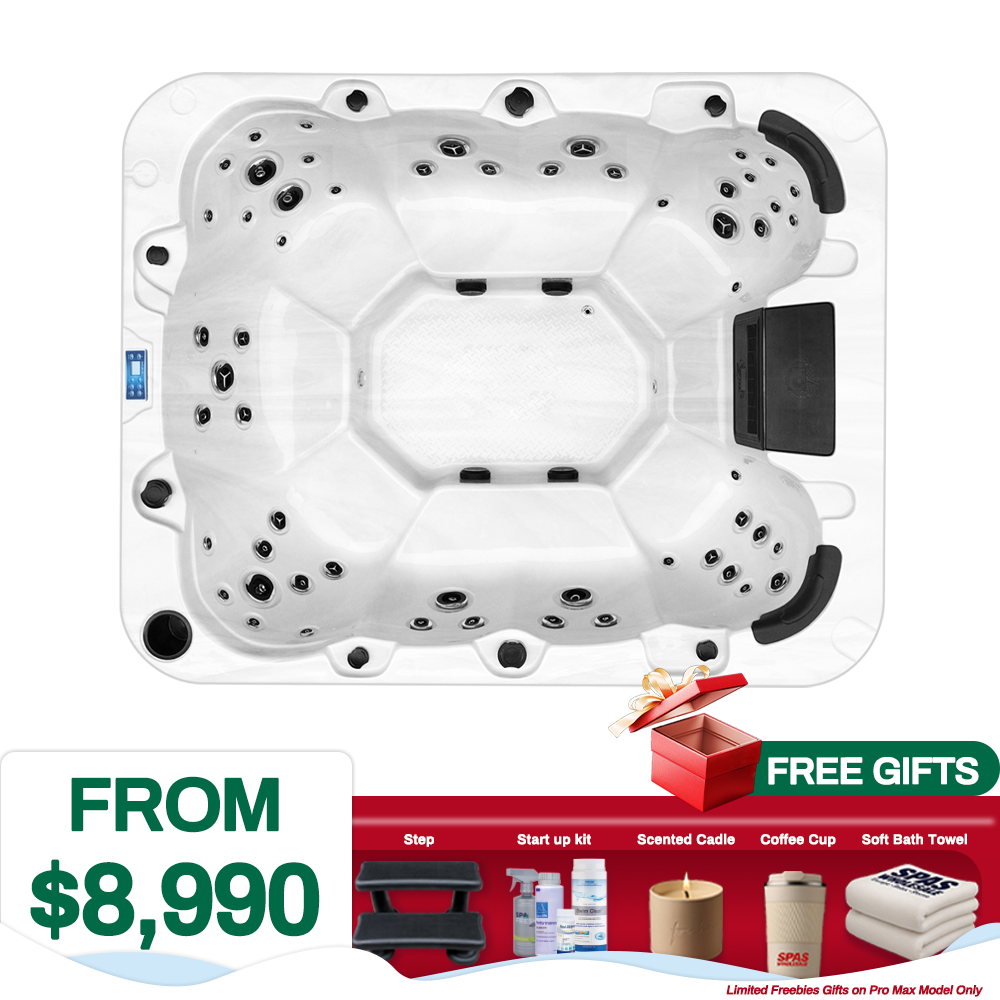


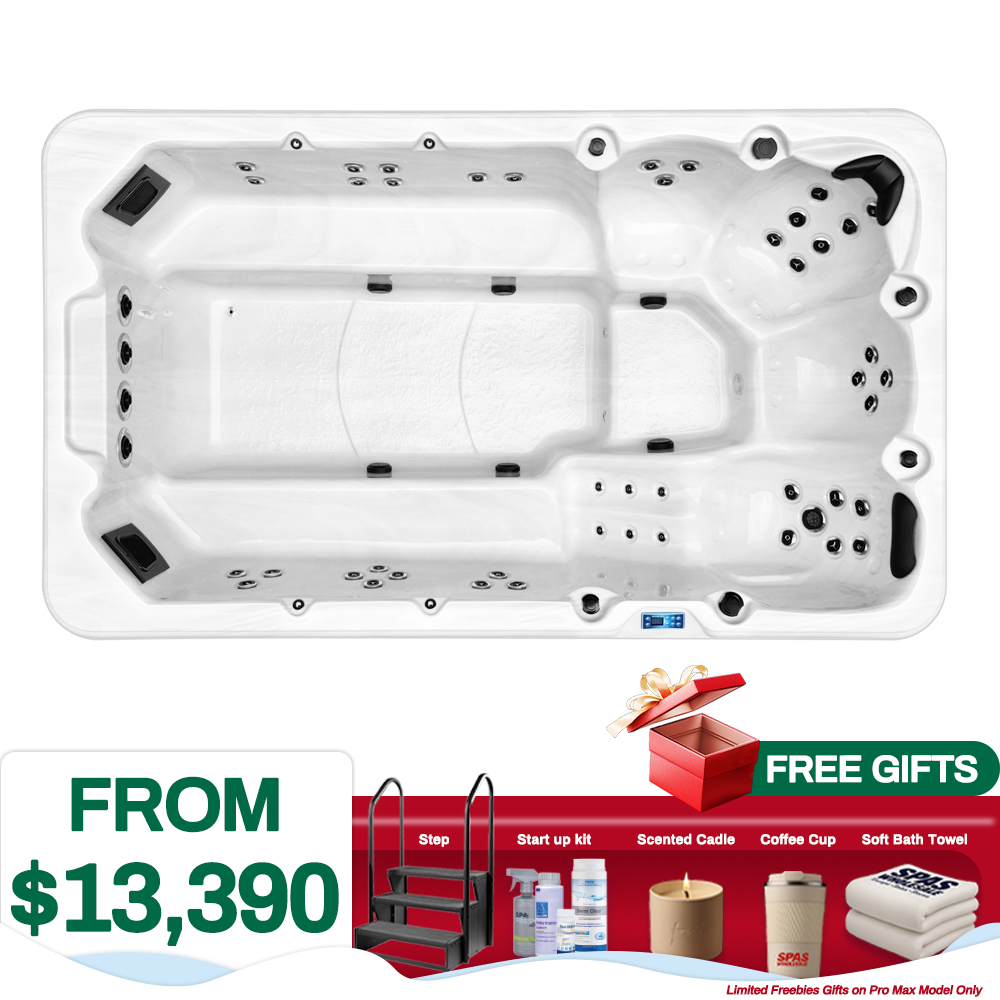
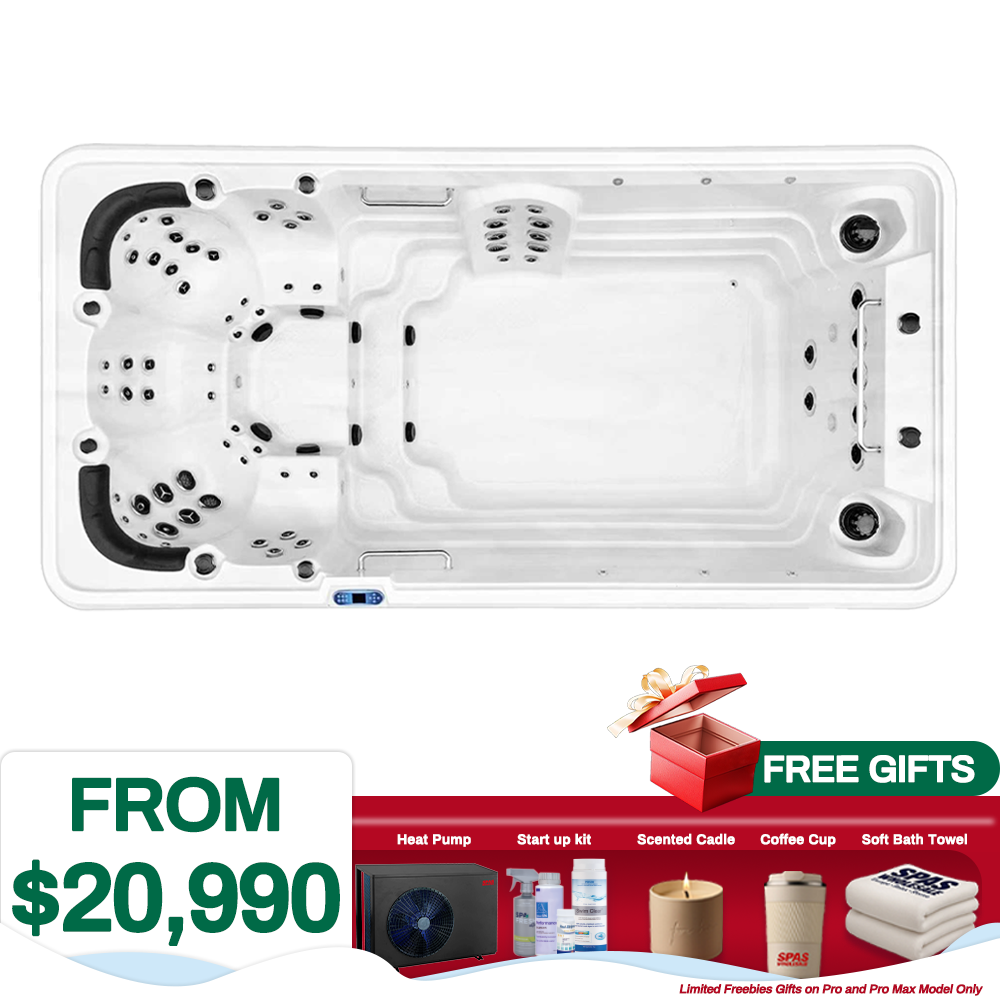



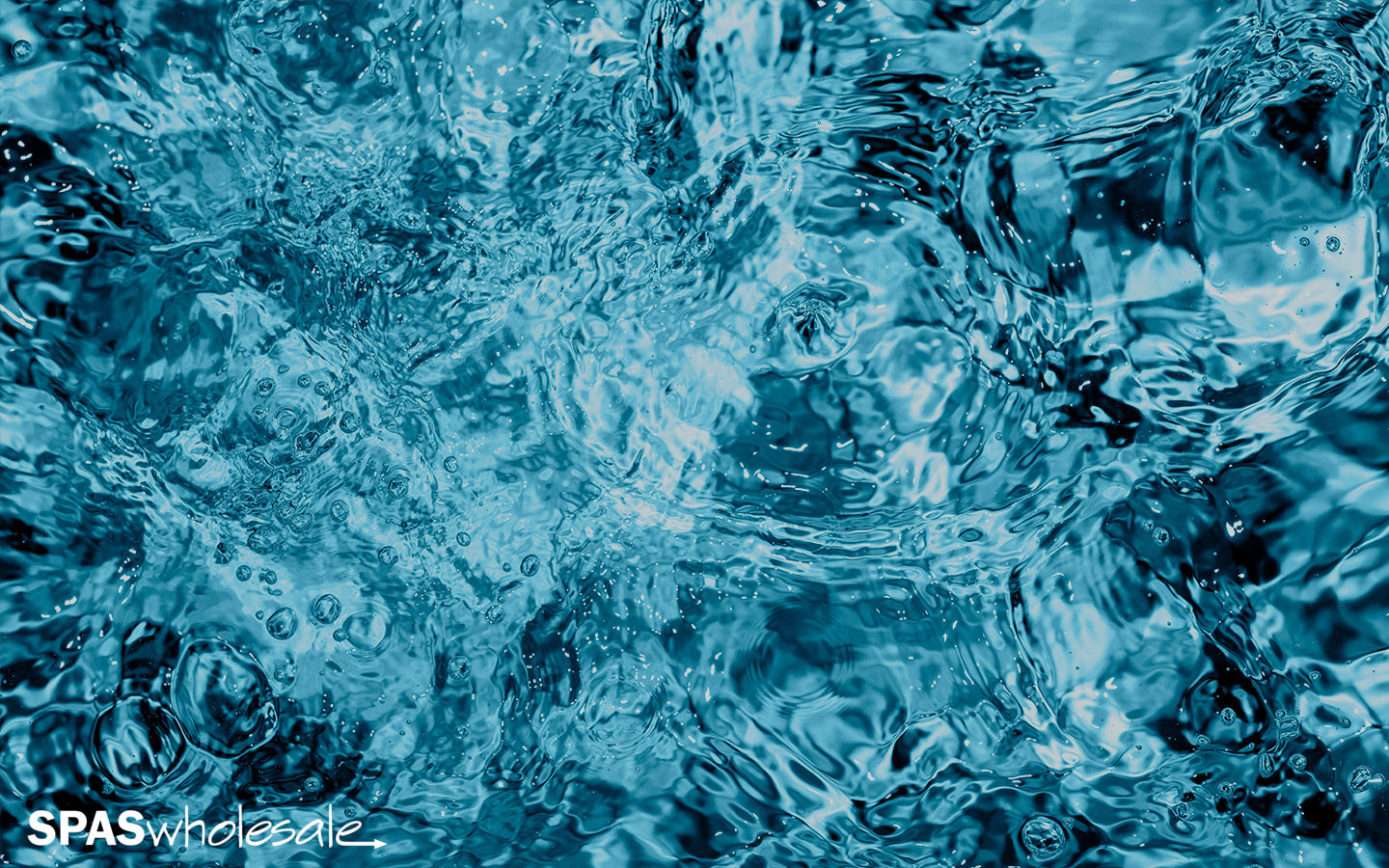

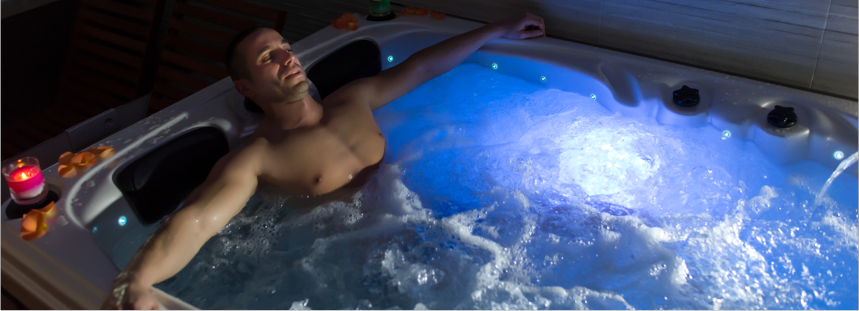
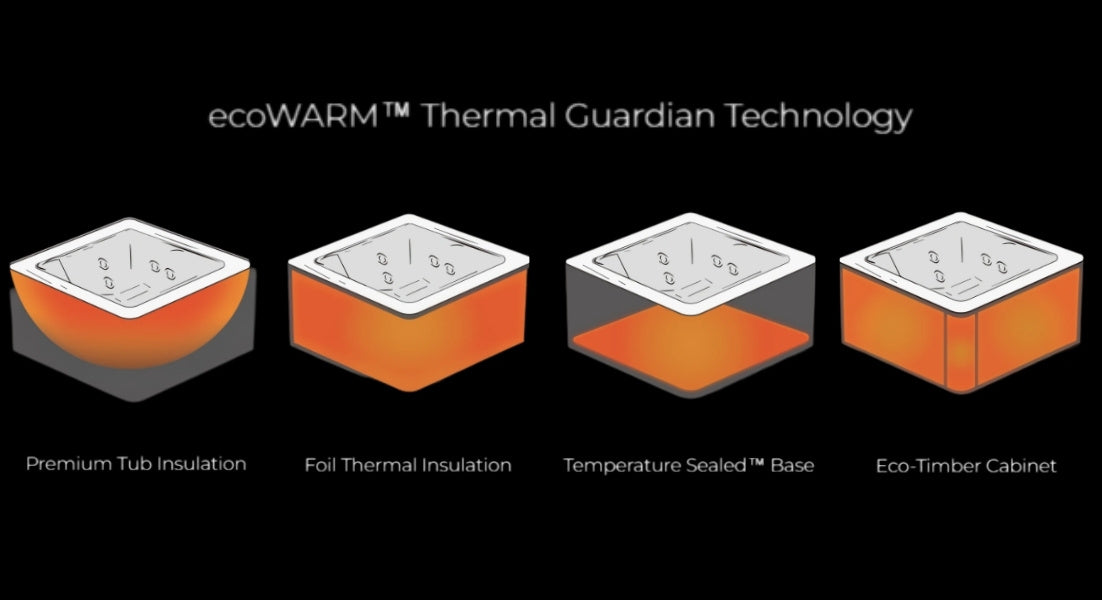
Share:
The History of Hot Tubs
How to Choose the Right Size Hot Tub